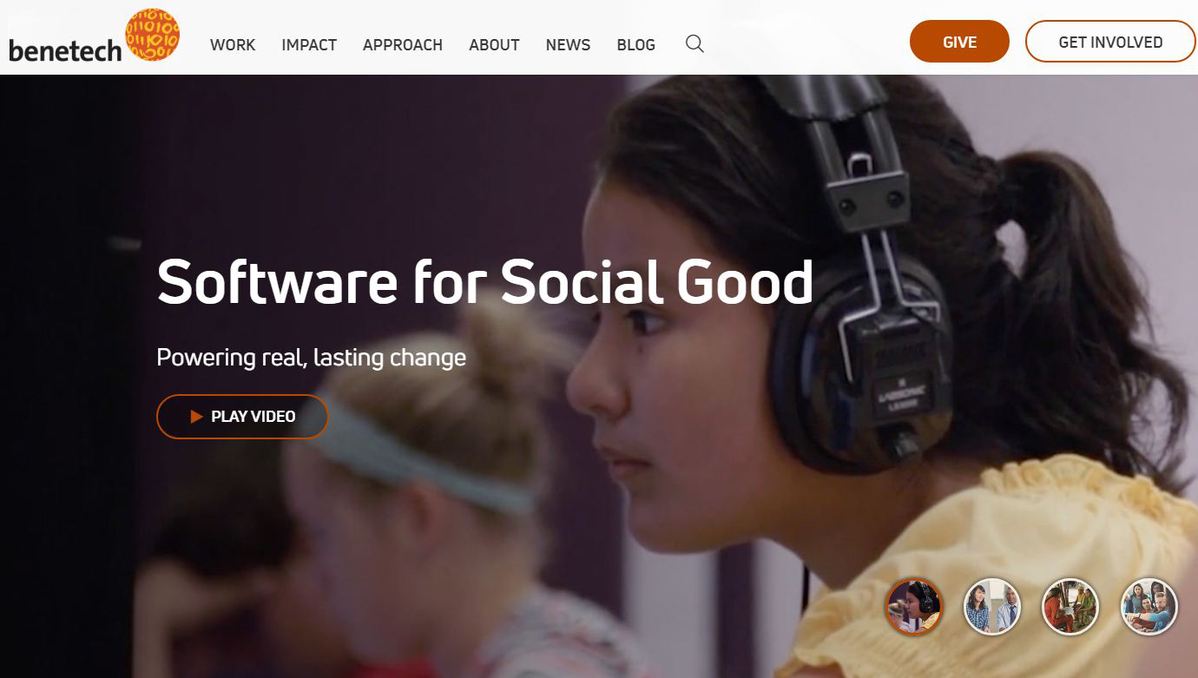Software firm Benetech seeks tie-up to help disabled in China
By Liu Yukun | chinadaily.com.cn | Updated: 2019-03-29 13:15

Global leading nonprofit software developer Benetech is seeking more cooperation with Chinese organizations and companies to tap the country's rapid development in leveraging technologies for public good, according to an executive.
Betsy Beaumon, CEO of Benetech, said "We are especially interested in helping the disabled with their education and employment in China, and we are actively seeking local partners who are familiar with the communities and know better about the market."
Beaumon was speaking at the Stanford PACS China Social Innovation Summit held in Beijing on Wednesday.
Themed exploring the role of social innovation and philanthropy in China, the summit was held by Stanford's Center on Philanthropy and Civil Society, and supported by Leping Social Entrepreneur Foundation.
"About one seventh of the global population, that is to say about 1 billion people, are mentally or physically challenged, and over 700 million of them are in poverty. There is a huge demand for products that can help them," Beaumon said.
"For instance, accessing information can be difficult for people with reading barriers, or with low vision. We have developed 'Bookshare' — an app of online library — to help them access information with personalized services," she said.
Users can customize their reading experience, such as listening to words read aloud or reading in Braille. Currently the app is free to use for US students and schools, less than $1 per week for adults and reduced fees in some countries.
Up to date, the app has seen 14 million downloads with 665,000 members and 700,000 ebooks in 47 languages.
Although there's little footprint of Benetech in China, Beaumon said she hopes to bring their products to more Chinese communities in need.
"We look forward to see it happen although facing numerous challenges, such as lack of sufficient understandings in local disabled communities and their specific needs," she said.
Wang Rui, a consultant for philanthropy and civil society at Poverty, Equity & Governance Unit under United Nations Development Programme, said the move is helpful in filling some blanks of current China's disabled communities. Wang is currently located in Beijing overseeing poverty alleviation issues.
According to news website Huxiu, China has now over 85 million people with mental or physical challenges, most of whom are relying on internet products to access information.
Liu Biao, technical director at China's Accessibility Research Association, told Huxiu that although there's much to be done, China is on a fast track to develop internet products that are friendly to users with disabilities.
A recent report from Huxiu also said that China's tech giants such as Tencent, Huawei and Xiaomi are increasing their investment in research and development of products and services that are more friendly to mentally- or physically-challenged users.
Take Xiaomi as an example. It's MIUI system, which has been applied to over 40 types of Xiaomi phones, has been developing functions like turning texts to voices for more disabled people.
Although there's a long way to go with many challenges, with one being lack of awareness from many developers, said the Huxiu report.
Li Weixing, vice-president of MIUI, told Huxiu that the company was not aware of the importance of such functions until they started to receive user feedbacks on the issue. The company started the attempt in developing MIUI 5.
"Although China falls behind some countries in helping disabled access more information, the country is on a fast track in developing such products and services. Going ahead I would like to see an industry standard," said Liu Biao.
























